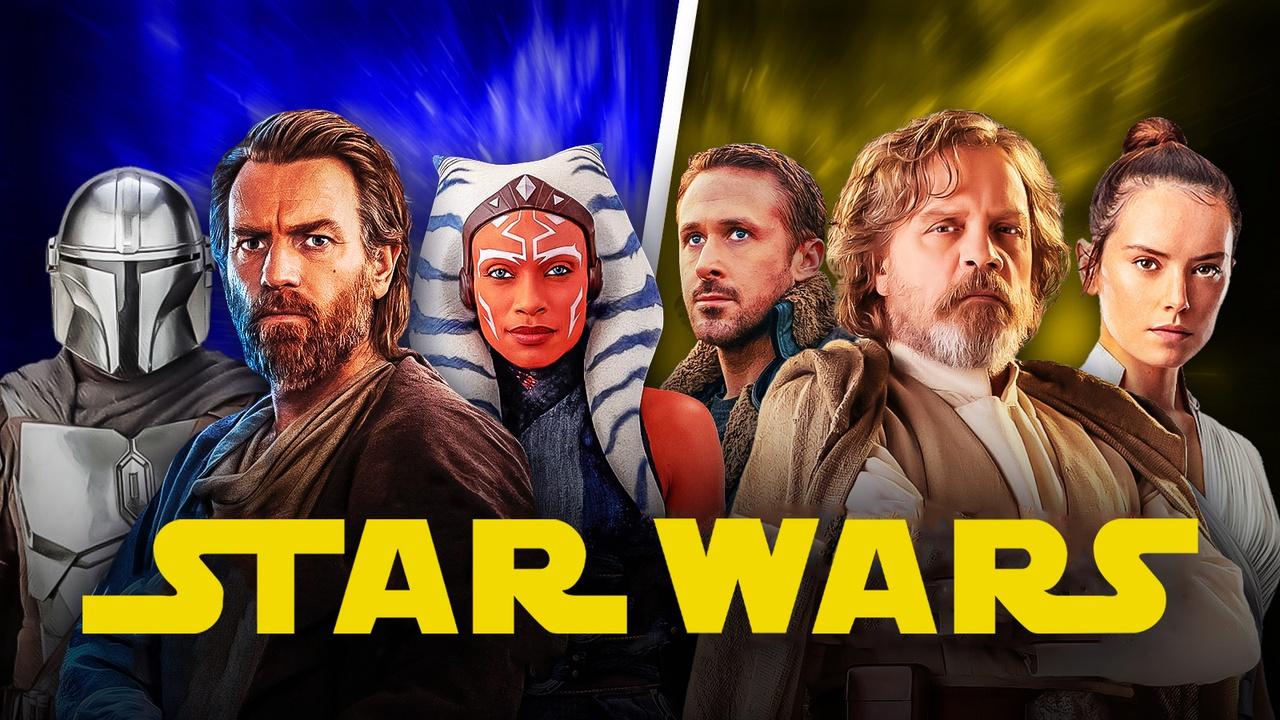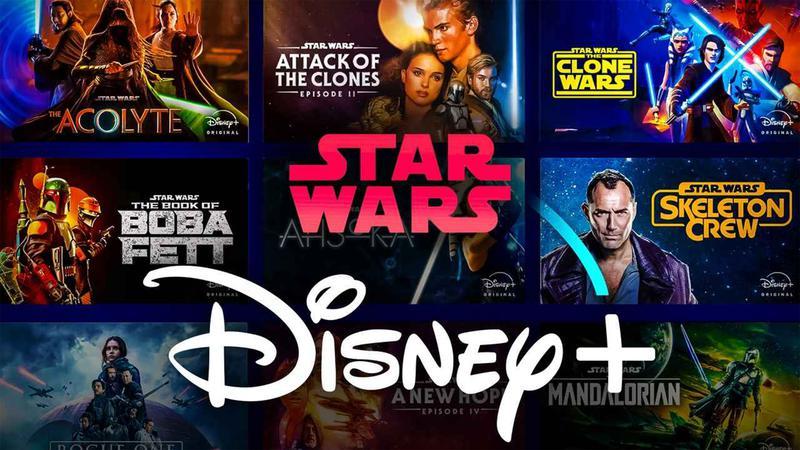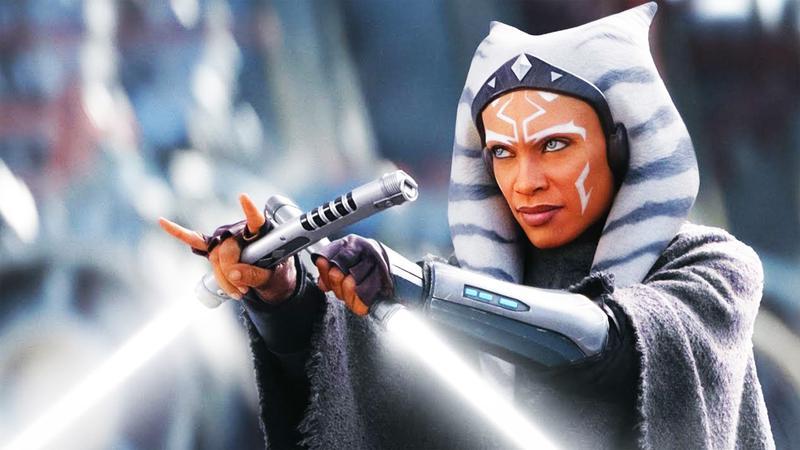
Lucasfilm officially changed direction regarding the future of its Star Wars films and television content. After years of rapid expansion on Disney+, the studio is reigning it in to focus on cinemas and going for more of a quality (it hopes) over quantity approach. This marks a significant shift in Disney's strategy as Lucasfilm re-evaluates the way forward in the age of streaming.
After spending the better part of a decade prioritizing television, Lucasfilm is making a sharp and deliberate pivot back to theatrical films. Since The Rise of Skywalker hit theaters in 2019, the Star Wars franchise has largely lived on Disney+, with a steady stream of live-action and animated series like The Mandalorian, Andor, The Bad Batch, and Ahsoka.
It was a strategy born out of both necessity and opportunity, a way to keep the brand alive and bolster Disney's fresh streaming service, which needed original, valuable content. But halfway through the 2020s, Lucasfilm is officially changing course.

The future of Star Wars is being reshaped to once again revolve around moviegoing. The studio's next theatrical release, The Mandalorian & Grogu, is set to arrive on May 22, 2026, marking the franchise's long-awaited return to the big screen.
Following closely behind is Star Wars: Starfighter, a new original story from director Shawn Levy starring Ryan Gosling (and newly cast villain Matt Smith), currently scheduled for May 28, 2027. Together, these two films represent more than just isolated projects; they're the first entries in what's becoming a growing film slate,
That shift is further reinforced by what's happening (or rather, not happening) on the Disney+ side of things. The once-crowded lineup of upcoming streaming shows has become noticeably thinner.
Beyond a third season of Star Wars: Visions and a full spinoff centered on The Ninth Jedi, Lucasfilm's streaming presence looks to be scaling back. Maul: Shadow Lord, an animated series focusing on Darth Maul's fate after Order 66, and Ahsoka Season 2 are both in the works for 2026, but that's about the extent of what’s currently confirmed.
It's a notable slowdown compared to the rapid-fire release schedule from 2022 to 2024, which was about two to three series per year.

The official course reversing isn't just about pacing; it's about storytelling focus. Recent reports suggest that Lucasfilm is considering building an entirely new interconnected era of films, potentially beginning with Sharmeen Obaid-Chinoy's Rey-focused movie, starring Daisy Ridley, and culminating in a massive event film.
It's a long-term vision reminiscent of the MandoVerse crossover model used on Disney+, but this time it would play out primarily on the big screen. While that Rey movie is reportedly on pause for now, it's still rumored to be viewed as a potential jumping-off point for a larger narrative arc.
Lucasfilm is stealing a bit from Marvel Studios, a fellow Disney branch, with this idea of eventizing Star Wars in theaters. It's also not a new idea for Lucasfilm; Dave Filoni's upcoming Star Wars film is supposed to serve as the culmination of the MandoVerse, tying together storylines from The Mandalorian, Ahsoka, and The Book of Boba Fett.
Filoni previously explained that his upcoming movie requires a "long development" due to its placement in a "very large arc," making some fans wonder if it will ever happen at all.
At the same time, several of the once-announced projects are in flux at Lucasfilm. High-profile filmmaker-led projects, such as those from Rian Johnson (yes, he's still interested in coming back) and Taika Waititi, remain stuck in Star Wars purgatory. These projects may still happen, but Lucasfilm appears far more focused on a select group of high-priority theatrical releases than on juggling a sprawling collection of disconnected ideas.
This is partly happening because the media landscape has changed since The Mandalorian launched Disney+ with a bang. Streaming growth has slowed, theatrical moviegoing is turning studios' profits, and fans have become more selective about the Star Wars stories they're willing to invest in, no thanks to the maligned Acolyte series.
Lucasfilm seems to be taking those signals seriously. By narrowing its output and shifting its creative energy back to theaters, it's aiming to restore the sense of spectacle and cultural event status that Star Wars films once reliably commanded. Don't forget that Star Wars' return to theaters in 2015, The Force Awakens, earned $936.7 million at the domestic box office, the highest of all time.
In short, the era of nonstop Disney+ content appears to be over. What lies ahead is a more curated, theatrically driven phase for Star Wars, one that promises fewer titles but potentially more impact. The streaming side isn’t disappearing entirely, though.
The most exciting upcoming Disney+ project is Ahsoka Season 2, which recently gave fans a first look at Eman Esfandi's Ezra Bridger in live-action once again, a reveal that has already sparked speculation about the season's story.
Whether this new strategy pays off remains to be seen, but the message is clear: Lucasfilm wants Star Wars to feel big again. And for that, it’s heading back to the movies.












